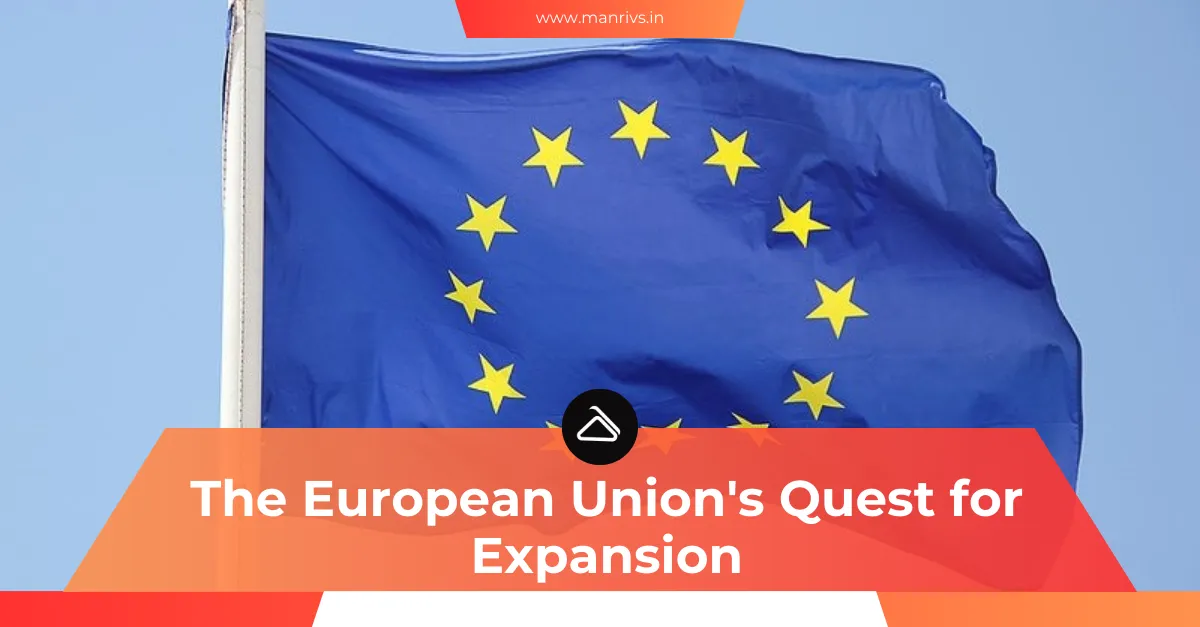The European Union (EU), a coalition of 27 member states, has long been a symbol of unity, peace, and economic strength. Formed in the aftermath of World War II, its primary goal was to create a united, free, and peaceful Europe. However, the world has evolved, and so has the EU’s role and challenges. In this article, we will delve into the EU’s current aspirations, the hurdles they face, and the changes required for their continued success.
The European Union’s Dilemma
The European Union’s original vision of promoting peace through economic integration has undeniably worked. However, the global landscape has shifted, and the EU is confronted with new realities. One pressing issue is the need for a stronger military presence to complement their economic power. As they look eastward, they see neighboring states under threat from Russia or engaged in conflicts, such as Ukraine. The EU is realizing that if they exclude these countries, it may have far-reaching consequences.
A Gathering of Nations
On October 5th, the European Union will meet with these eastern European governments to explore possibilities. The following day, European leaders will convene to discuss necessary changes within the EU to accommodate new members. This is a pivotal moment for the EU, as it marks a departure from its historical identity as a peace project.
The Key Challenges
Two significant challenges stand in the way of European Union expansion:
1. Rule of Law and Corruption
Many potential member states grapple with weak rule of law and corruption. This poses a significant obstacle to their integration into the EU. The EU will need to find a balance between strict standards and flexibility to foster progress in these areas.
2. Agricultural Subsidies
Historically, a substantial portion of the EU’s budget was allocated to agricultural subsidies. While this has decreased, it remains a considerable expense. Welcoming new members could strain the budget further, making financial reform imperative.
Reforming the EU
For the EU to adapt and thrive in this changing world, several changes are on the horizon:
1. Abolishing Single Member Vetoes
The current system allows individual member states to veto significant decisions. Eliminating this practice, which gives disproportionate influence to larger countries like France, is essential for a more democratic EU.
2. Addressing Rule of Law and Corruption
While maintaining high standards, the EU must assist member states in improving their rule of law and reducing corruption. This will require a delicate balancing act, especially given the challenges faced by existing members like Poland and Hungary.
3. Financial Reform
The EU must revamp its financial system to allocate resources more efficiently. Shifting away from extensive agricultural subsidies will free up funds for more productive uses and prevent new members from draining the budget.
Conclusion
The European Union’s journey from a post-war peace project to a modern, adaptable institution is fraught with challenges. As they contemplate expansion and reform, they must strike a balance between upholding their core values and embracing the evolving global landscape. The decisions made in the upcoming meetings will shape the future of the European Union and its role on the world stage.
FAQs
-
What is the EU’s primary goal in considering expansion?
The EU aims to enhance its economic and political influence on the world stage by expanding its membership.
-
What challenges do potential new members face?
Many potential new members struggle with weak rule of law, corruption, and agrarian economies.
-
Why is abolishing single member vetoes important?
Abolishing single member vetoes promotes a more democratic decision-making process within the EU.
-
How can the EU balance its core values with the need for reform?
The EU must strike a balance by maintaining high standards while assisting member states in improving rule of law and reducing corruption.
-
What changes are needed in the EU’s financial system?
The EU should reform its financial system to allocate resources more efficiently, reducing reliance on agricultural subsidies.

